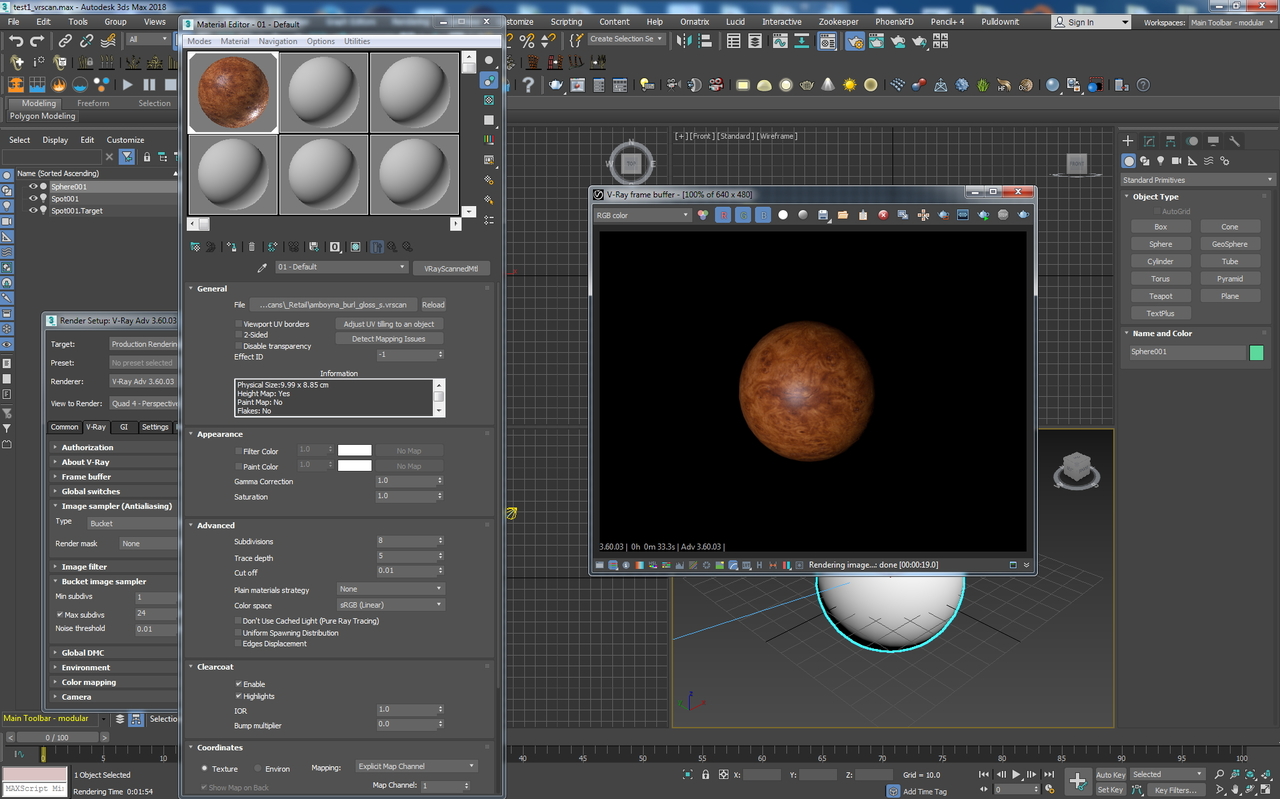

It is normal that the solution references different toolchains. IMPORTANT : DO NOT let visual studio convert the project files if it ask to when loading the solution. MS Visual Studio 2015 update 3 with Windows SDK 6 for Max 2018 MS Visual Studio 2015 to compile for Max 2017 MS Visual Studio 2012 to compile for Max 2015/2016 MS Visual Studio 2010 to compile for Max 2013/2014 MS Visual Studio 2008 to compile for Max 2011/2012 MS Visual Studio 2015 for loading the solution To build the COLLADAMax plug-in you need to have a version of 3ds Max, including the SDK, installed.ģds Max 2011, 2012, 2013, 2014, 2015, 2016, 2017, 2018 To see how to compile it yourself, please check the BUILD text file for instructions.

When importing/exporting, make sure you select the OpenCOLLADA format, as opening a DAE file will default to Autodesk COLLADA. Unfortunately, KhronosGroup’s S3 bucket containing the builds no longer exists, so your only option is to build it yourself or use to download the compiled builds.įollow the instructions in the Zip file how to install the plugin. When we import the same file with the OpenCOLLADA plugin, we’ll instantly see different results: Unfortunately, it only supports 3DS Max versions up to 2018. It imports and exports clean DAE files and supports the must up to date version of v1.5 of the COLLADA format. In a nutshell, its a plugin for import and export of COLLADA/DAE files and its created by the creators of the COLLADA format themselves. This leads to a dramatic reduction of memory consumption and to much better performance. In contrast to other existing COLLADA exporters, these new plug-ins do not store the COLLADA document in an intermidiate data model but writes it directly to file. KhronosGroup OpenCOLLADAĬOLLADAMax and COLLADAMaya are new implementation of a 3ds Max or Maya plug-ins to export scene or parts of it to a COLLADA file, released under an MIT-license. You might get away with using Alembic, but if your mesh is skinned/rigged, it will not export that. You’ll see that its using Autodesk’s implementation of COLLADA. You might be asking yourself, why’s that? Open the import dialog again and look at the “Files of type” dropdown. You might try to export the model into a DAE/COLLADA format, since it is an ISO/PAS 17506:2012 standard, but you’ll be met with the same exact results, on top of more issues and ton of warnings: One such issue might occur when you try to import a FBX from Blender and leave the “Convert bones into dummies” option on:

If you ever tried to move a model from Blender into 3DS Max, either due of specific Blender toolsets being more user friendly or better, you might find that using the Blender FBX exporter will lead into a lot of issues unless you play around with the settings each time you try to import a file.


 0 kommentar(er)
0 kommentar(er)
